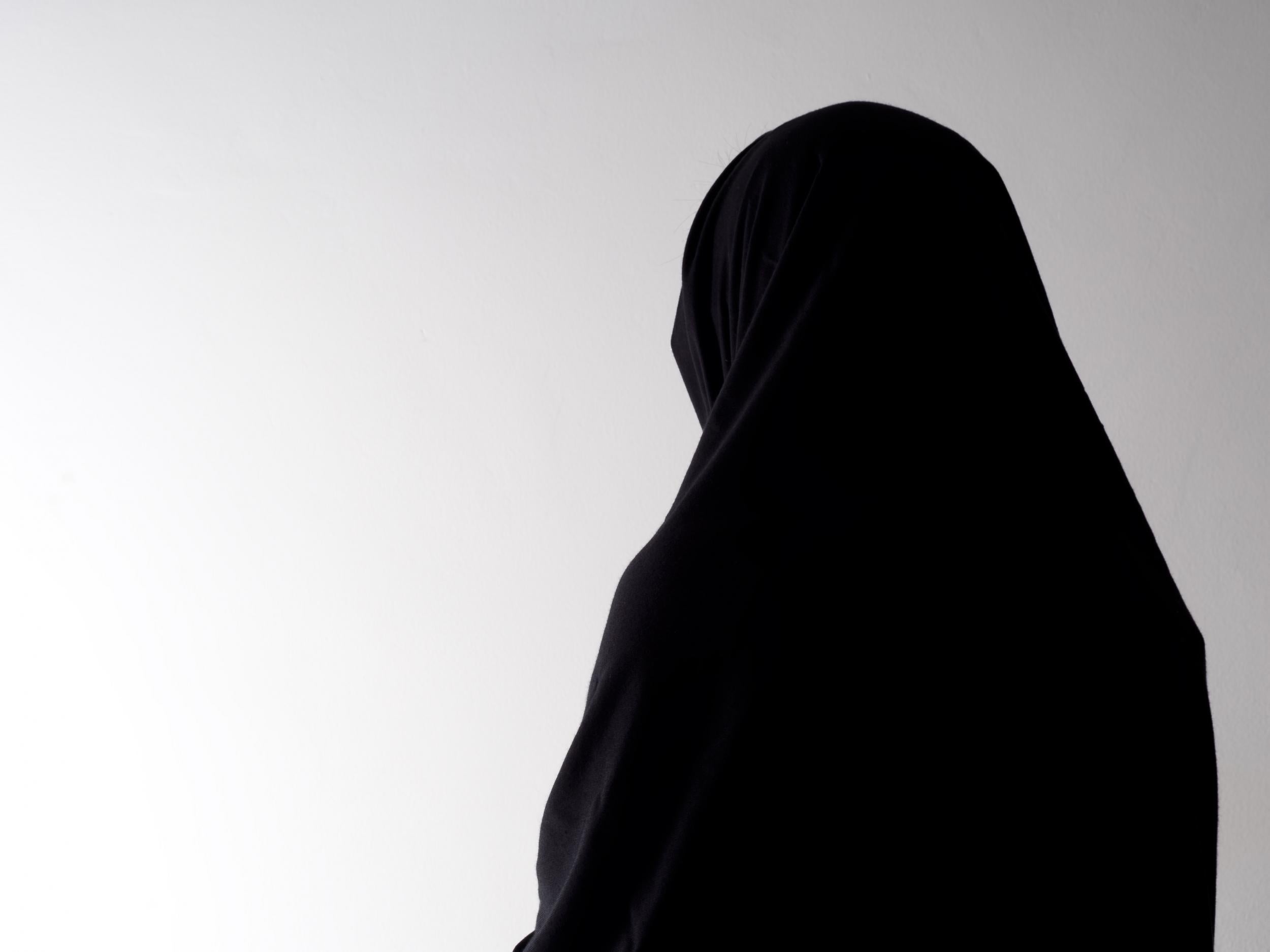Tajikstan passes law 'to stop Muslim women wearing hijabs'
'Everyone looks at them with concern, worried that they could be hiding something,' says Minister of Culture

Your support helps us to tell the story
From reproductive rights to climate change to Big Tech, The Independent is on the ground when the story is developing. Whether it's investigating the financials of Elon Musk's pro-Trump PAC or producing our latest documentary, 'The A Word', which shines a light on the American women fighting for reproductive rights, we know how important it is to parse out the facts from the messaging.
At such a critical moment in US history, we need reporters on the ground. Your donation allows us to keep sending journalists to speak to both sides of the story.
The Independent is trusted by Americans across the entire political spectrum. And unlike many other quality news outlets, we choose not to lock Americans out of our reporting and analysis with paywalls. We believe quality journalism should be available to everyone, paid for by those who can afford it.
Your support makes all the difference.Legislation requiring people to "stick to traditional national clothes and culture" has been introduced in Tajikistan - a move widely interpreted as an attempt to stop women from wearing Islamic clothing.
Women in the central Asian country traditionally wear a scarf tied behind the head, rather than a hijab, which wraps under the chin.
Despite being a majority Muslim country, Tajikistan's Minister of Culture, Shamsiddin Orumbekzoda, told Radio Free Europe Islamic dress was "really dangerous".
He said that "everyone" looked at women wearing hijabs "with concern, worried that they could be hiding something under their hijab."
Although the legislation – an amendment to an existing law on traditions in the country – did not mention the hijab specifically, authorities have previously said the Islamic veil represents an "alien culture".
Under existing laws, women wearing hijabs are already banned from entering the country's government offices.
At the beginning of August, officials approached more than 8,000 women wearing hijabs in the capital of Dushanbe and ordered them to wear their scarves in the Tajik style.
The new legislation does not introduce a penalty for breaking the rule, but some have claimed that fines could be introduced at a later date.
Join our commenting forum
Join thought-provoking conversations, follow other Independent readers and see their replies
Comments